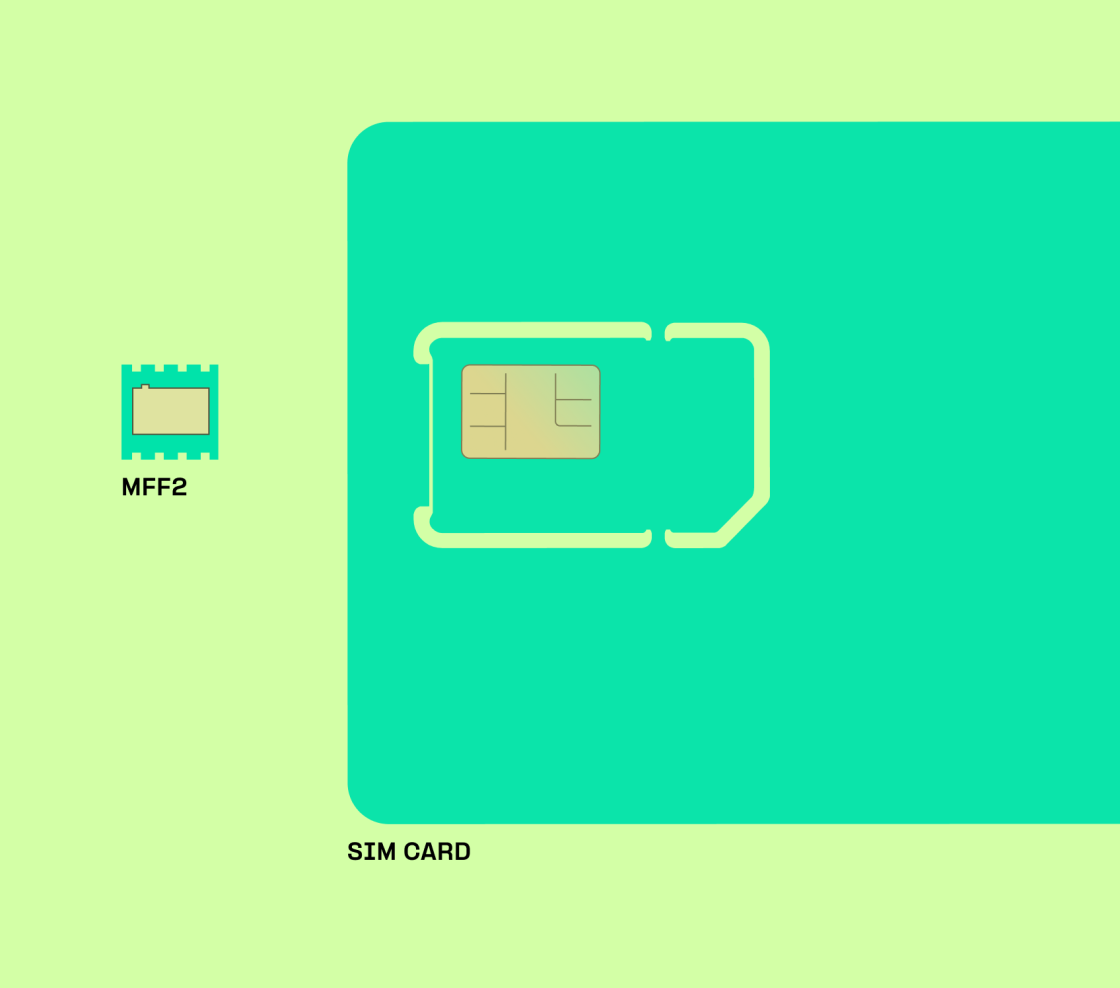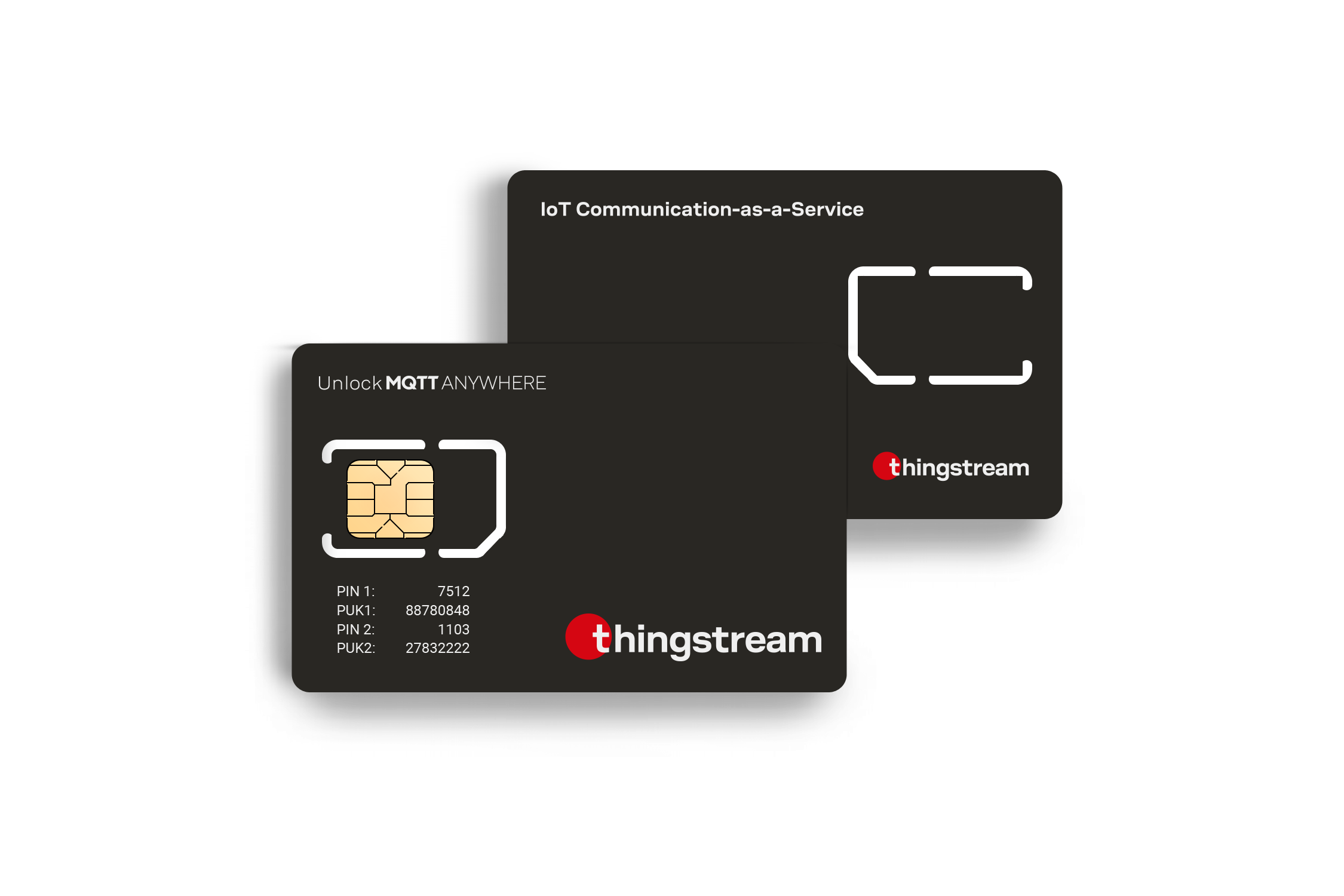Sim Card Iot Devices IoT SIM
Sim Card Iot Devices IoT SIM
Blog Article
What Are Iot Sim Card SIM Card IoT Projects Global Deployments
The landscape of manufacturing is evolving quickly, driven primarily by technological advancements. Among these developments, IoT connectivity options for manufacturing automation stand out as pivotal parts reshaping how industries function. The Internet of Things (IoT) integrates digital and physical worlds, making a network of interconnected gadgets that communicate seamlessly. This interconnectedness allows producers to optimize their processes and improve productivity.
Real-time data is a cornerstone of recent manufacturing. Through IoT connectivity options, machines and sensors generate information that provide insights into manufacturing processes. This instant entry to information empowers manufacturers to make knowledgeable choices rapidly. For instance, if a machine is underperforming, operators can determine the difficulty and implement corrective actions without delay, ultimately minimizing downtime and enhancing throughput.
Predictive maintenance is another vital advantage of IoT connectivity options. By repeatedly monitoring tools performance through numerous sensors, manufacturers can anticipate failures earlier than they happen. This proactive method drastically reduces maintenance prices and improves the lifecycle of equipment. Instead of adhering to a reactive maintenance strategy, organizations can optimize their maintenance schedules primarily based on actual machine conditions.
Iot Sim Card India IoT SIM Card
IoT technology also facilitates better supply chain administration. With the combination of sensors throughout the availability chain, manufacturers achieve enhanced visibility into stock ranges and material flows. This improved visibility allows businesses to optimize inventory management, ensuring that they have the required materials available without overstocking. Such efficiency translates to reduced costs and improved service levels, which are crucial for maintaining a competitive edge.
Automation and robotics are increasingly reliant on IoT connectivity solutions. Smart factories integrate automated systems powered by IoT to streamline production processes. Robotics geared up with IoT capabilities can talk with one another and modify their actions primarily based on real-time information from the environment. This degree of synchronization allows the implementation of adaptive manufacturing methods that respond to fluctuations in demand quickly and effectively. Iot Single Sim Card.
M2m Iot Sim Card Fastest growing multi-network IoT SIM
Implementing IoT connectivity solutions requires a solid network infrastructure. Manufacturers must spend money on dependable and safe communication networks able to dealing with the immense knowledge generated by interconnected devices. 5G expertise is rising as a crucial enabler of IoT connectivity in manufacturing. Its fast velocity and low latency support the real-time functions which are essential for data-driven decision-making.
Data analytics performs an important role in harnessing the total potential of IoT connectivity solutions. With a wealth of data generated from related units, producers should employ superior analytics tools to extract actionable insights. Machine studying algorithms can determine patterns and anomalies in data that may not be apparent to human analysts. This data-driven method enhances operational efficiency by driving steady improvement throughout manufacturing processes.
Cybersecurity is an important consideration as producers integrate IoT options into their operations. The connectivity that IoT brings will increase the surface space for potential cyberattacks. Implementing robust safety measures to safeguard critical manufacturing methods is paramount. This includes guaranteeing that all gadgets are safe, data is encrypted, and steady monitoring for threats is in place.
Worker safety is considerably improved through IoT connectivity options. Wearable devices outfitted with sensors can monitor you could look here the health and security of staff in actual time. These smart wearables can alert personnel to hazardous conditions, guaranteeing well timed intervention. Such measures not only shield workers but in addition contribute to total productivity by minimizing the chance of accidents.
Iot Sim Card copyright About IoT SIM Cards
The transition to smart manufacturing by way of IoT connectivity options additionally promotes sustainability. By optimizing processes, manufacturers can significantly scale back waste and energy consumption. IoT units assist observe useful resource usage, enabling businesses to identify areas where efficiency could be enhanced. These environmentally friendly practices not only benefit the planet but can also end in value savings over time.
The impact of IoT connectivity solutions on manufacturing extends beyond the operational realm. They enable enhanced customer engagement by permitting manufacturers to ship custom-made services and products. Through IoT-enabled devices, manufacturers can collect information about buyer preferences, resulting in the creation of tailor-made choices that higher meet market demands. This level of engagement fosters customer loyalty and strengthens brand reputation.
In conclusion, IoT connectivity solutions for manufacturing automation represent a transformative force in the trade. By offering real-time insights, predicting tools failures, enhancing supply chain management, and enhancing worker safety, these options redefine operational effectivity. As manufacturers continue to integrate IoT technologies, the advantages lengthen beyond traditional metrics of productiveness and price. Embracing these innovations sets the groundwork for a extra sustainable and responsive manufacturing environment that's outfitted to satisfy the challenges of the future.
Prepaid Iot Sim Card IoT SIM Card Data Plans Pricing

- Enhanced real-time monitoring through IoT sensors permits producers to trace equipment performance and operational effectivity.
- Predictive maintenance is facilitated by IoT connectivity, decreasing downtime and lengthening tools lifespan by way of well timed interventions.
- Seamless integration of IoT units across production traces enhances information assortment, leading to improved decision-making processes.
- Wireless technologies such as LPWAN enable cost-effective communication over vast manufacturing amenities, minimizing installation complexity.
- Cloud-based IoT platforms provide scalable solutions for information analytics and visualization, empowering producers to determine tendencies and optimize workflows.
- Enhanced asset tracking utilizing IoT units ensures better inventory administration and decreased losses as a outcome of misplacement or theft.
- Industry-specific IoT protocols, like MQTT and CoAP, ensure efficient and safe knowledge transmission tailored to manufacturing wants.
- Advanced cybersecurity measures are essential in IoT ecosystems to protect delicate operational knowledge from potential threats and breaches.
- Integration of IoT with machine learning algorithms allows for autonomous changes and improvements in manufacturing processes based mostly on historical information.
- Collaboration with IoT answer suppliers allows manufacturers to customise connectivity methods that handle their unique operational challenges.
What are IoT connectivity solutions for manufacturing automation?
IoT connectivity solutions enable seamless communication between machines, sensors, and gadgets within a manufacturing environment, facilitating knowledge exchange, monitoring, and management to reinforce operational effectivity and decision-making.
How do IoT connectivity options improve manufacturing processes?
These options streamline workflows, reduce downtime, and optimize asset utilization by offering real-time data insights, enabling predictive maintenance, and enhancing supply chain visibility.
Iot Board With Sim Card Global IoT SIM Cards Business
What kinds of IoT connectivity technologies are generally utilized in manufacturing?

Common technologies include Wi-Fi, Zigbee, LoRaWAN, cellular (4G/5G), and Bluetooth. Each expertise provides unique advantages based mostly on range, information transfer speed, and energy consumption fitted to different manufacturing wants.
How secure are IoT connectivity options for manufacturing?
Robust security measures, including encryption, gadget authentication, and network segmentation, are read the full info here important to protect manufacturing environments from cyber threats, making certain data integrity and operational continuity.
Sim Card For Iot Devices IoT Industrial Business SIM Cards
Can IoT connectivity options be integrated with current manufacturing systems?
Yes, many IoT solutions are designed for interoperability, permitting integration with legacy methods and equipment. This allows manufacturers to reinforce their capabilities without replacing current infrastructure.
Sim Card Iot Devices IoT M2M SIM Cards Data Plans
What are the cost implications of implementing IoT connectivity solutions?
Initial setup prices might vary, however long-term financial savings are often realized through elevated efficiency, decreased waste, and improved maintenance methods (Global Sim Card Iot). A detailed cost-benefit evaluation can help determine the monetary impact.
How can I select the proper IoT connectivity solution for my manufacturing facility?

Evaluate factors corresponding to scalability, reliability, ease of integration, and specific use case necessities. Consulting with trade experts and conducting pilot tasks may help in identifying one of the best match for your needs.
Prepaid Iot Sim Card IoT SIM network-independent IoT SIM
What are the challenges in adopting IoT connectivity options for manufacturing?
Challenges could embrace cybersecurity issues, interoperability issues, and the necessity for staff training. Addressing these obstacles via strategic planning and stakeholder involvement can facilitate profitable adoption.
How does data collected via IoT connectivity affect decision-making in manufacturing?
Real-time information analytics allows manufacturers to make knowledgeable choices quickly, optimizing operational processes, improving high quality control, and enabling proactive management of assets and potential points - Prepaid Iot Sim Card.
Report this page